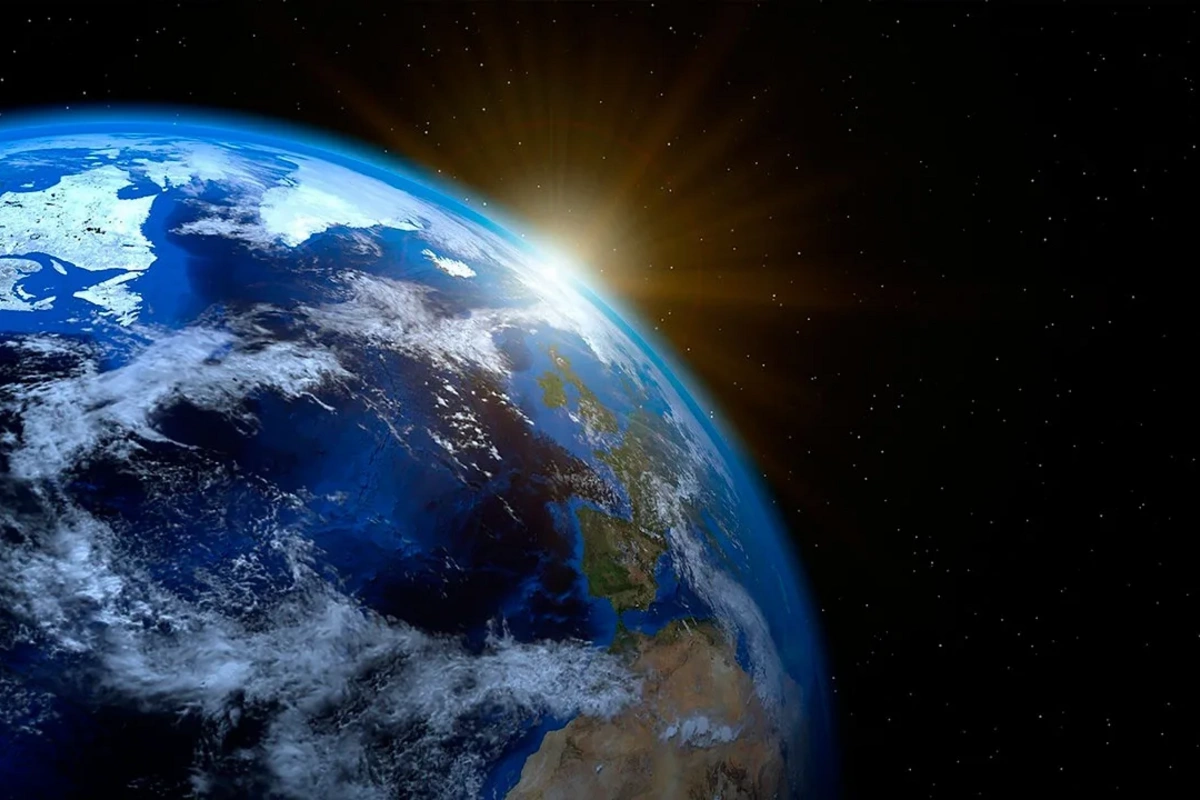15 Feb , 00:12 2025
6

Alarming forecast: by 2100, Earth's climate may become unsuitable for comfortable human habitation. This conclusion was reached by leading climatologists and ecologists in their new study.
In a large-scale study, scientists developed a series of climate models showing that even with moderate reductions in greenhouse gas emissions, global temperatures could increase by 3-4 degrees Celsius by the end of the century. The consequences of such warming could be devastating: sharp increases in natural disasters, coastal cities underwater, humanity facing acute shortages of drinking water and food, as well as the spread of new dangerous diseases.
Researchers are sounding the alarm: without immediate action, significant areas of the planet will become uninhabitable by 2100. Tropical and subtropical regions will be particularly vulnerable, where extreme weather conditions will make life practically impossible.
The most alarming discovery was that even if the Paris Agreement conditions are met, some climate changes can no longer be stopped. Continuing sea level rise and ecosystem destruction will inevitably lead to large-scale population migration and social tensions.
However, the scientific community notes that the possibility to change the situation still exists. Active implementation of renewable energy, forest restoration programs, and development of environmentally safe technologies can slow down climate change and give humanity time to adapt.
Experts emphasize: this study is not just a forecast, but a serious warning requiring immediate action.
While the international community stands at a crossroads, the question of maintaining livable conditions on the planet remains unresolved. One thing is clear: time to save Earth is running out.